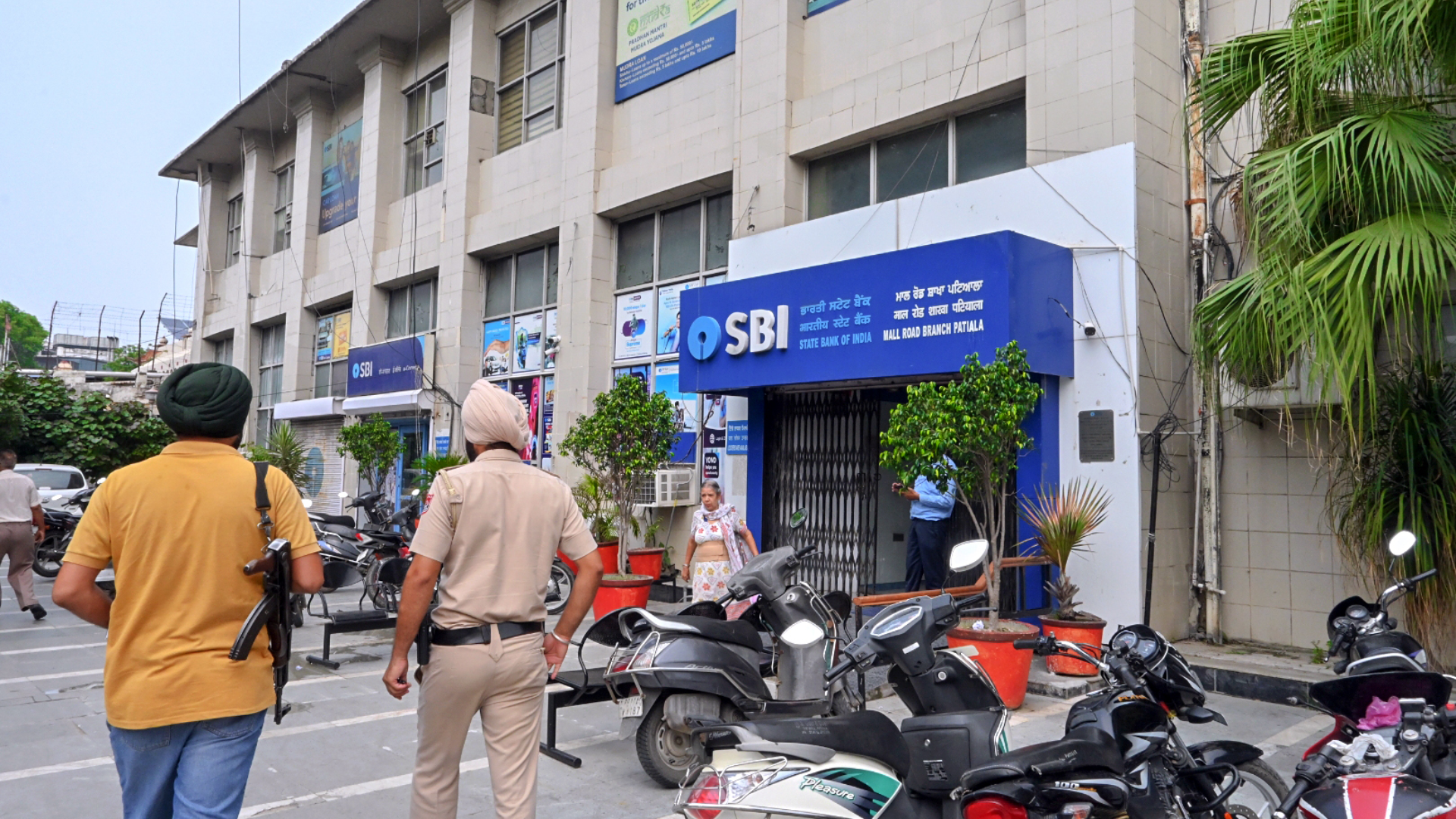The Supreme Court will today hear an application from the State Bank of India (SBI) requesting an extension until June 30 to submit information on electoral bonds. The court had previously set a deadline of March 6 for the bank to provide details on each electoral bond encashed by political parties before the scheme’s cancellation. A five-judge Constitution bench, led by Chief Justice DY Chandrachud, will address the matter at 10:30 am.
Non-profits Association for Democratic Reforms and Common Cause have also filed a separate plea, seeking contempt proceedings against the SBI for allegedly disregarding the court’s order to submit details by March 6.
Earlier on February 15, the bench declared the Centre’s electoral bonds scheme, allowing anonymous political funding, as “unconstitutional.” The court contended that electoral bonds violated citizens’ right to information, infringed on Article 14 of the Constitution guaranteeing equality, and compromised the constitutional principle of free and fair elections.
The court instructed the Election Commission to disclose details of donors, their contributions, and recipients, with the information to be published on the Commission’s website by March 13. Additionally, the SBI was directed to provide details of bonds purchased since April 12, 2019, to the Commission by March 6.
A Constitution bench led by Chief Justice of India DY Chandrachud, accompanied by Justices Sanjiv Khanna, BR Gavai, JB Pardiwala, and Manoj Misra, is scheduled to convene at 10:30 am to address the issue. The bench had previously directed the national bank to submit details regarding each electoral bond encashed by political parties before the scheme’s recent annulment.
Simultaneously, the court will address a separate plea filed by non-profit organizations Association for Democratic Reforms and Common Cause, seeking contempt proceedings against the State Bank of India (SBI). The petitioners allege that the SBI intentionally disregarded the court’s order to provide details by March 6.
On February 15, the bench invalidated the Centre’s electoral bonds scheme, labeling it “unconstitutional” due to its allowance of anonymous political funding. The court emphasized that electoral bonds violated citizens’ right to information, infringed upon Article 14 of the Constitution guaranteeing equality, and undermined the constitutional principle of free and fair elections.
The Election Commission was directed to furnish details of donors, their contributions, and the recipients, with the information slated for publication on the Commission’s website by March 13. Additionally, the SBI was instructed to submit details of bonds purchased since April 12, 2019, to the Commission by March 6.
On March 4, the SBI petitioned the Supreme Court for an extension until June 30, citing the time-consuming nature of retrieving information while maintaining anonymity. The Congress party accused the BJP of using the SBI as a shield and contended that the extension request aimed to withhold data until the Lok Sabha election.
Highlighting the SBI’s extensive technological capabilities, the Congress questioned the necessity for a five-month extension, noting the bank’s vast network, including 48 crore bank accounts, 66,000 ATMs, and nearly 23,000 branches.
In response, the SBI requested an extension until June 30, citing the time-consuming nature of retrieving information while maintaining anonymity. The Congress party accused the BJP of using the bank as a shield and claimed that the extension request was an attempt to withhold data until the Lok Sabha election.
Highlighting the SBI’s extensive technological capabilities, the Congress questioned the need for a five-month extension, emphasizing the bank’s vast network and resources, including 48 crore bank accounts, 66,000 ATMs, and nearly 23,000 branches.
(Input Sources)























